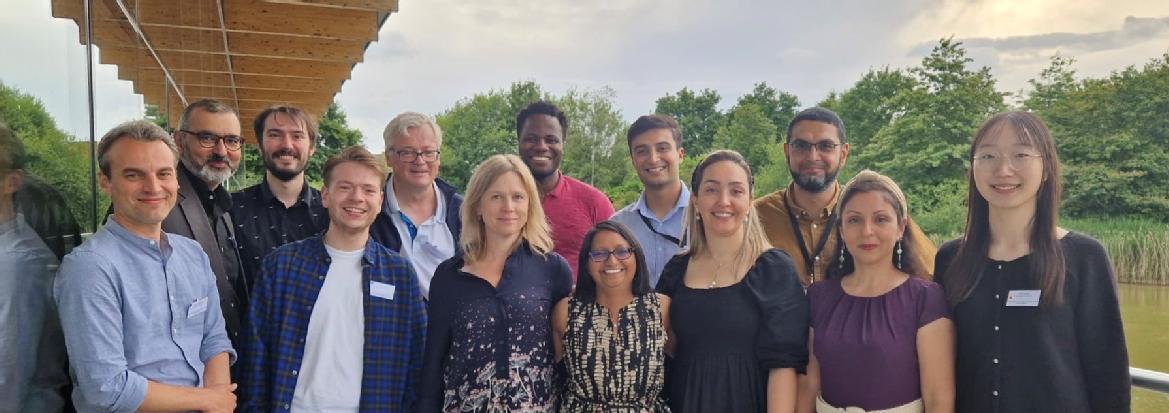
Welcome to CHEW!
Message from the Director, Jason Madan
Welcome to CHEW, an academic community of health economists working in Warwick and based at the Medical School. The Centre researches the socioeconomic value of health and healthcare in a range of contexts seeking to inform policy and improve health and wellbeing.

The team work variously on NIHR-funded research (particularly clinical trials), NICE appraisals, health technology assessments and global health issues. CHEW also contributes health economics expertise to the NIHR Research Support Service.
CHEW places particular emphasis on developing its members to achieve their potential in research and teaching. This involves time for training, qualifications, support and mentoring.
Formed in 2018, CHEW is an emergent and growing Centre, learning together and exploring new themes – a dynamic place. Thank you to colleagues from other universities who collaborate with us or contribute to our seminar programme. In July 2024 we hosted HESG – thank you all for attending!
To find out more about CHEW and our mission statement, please go here.